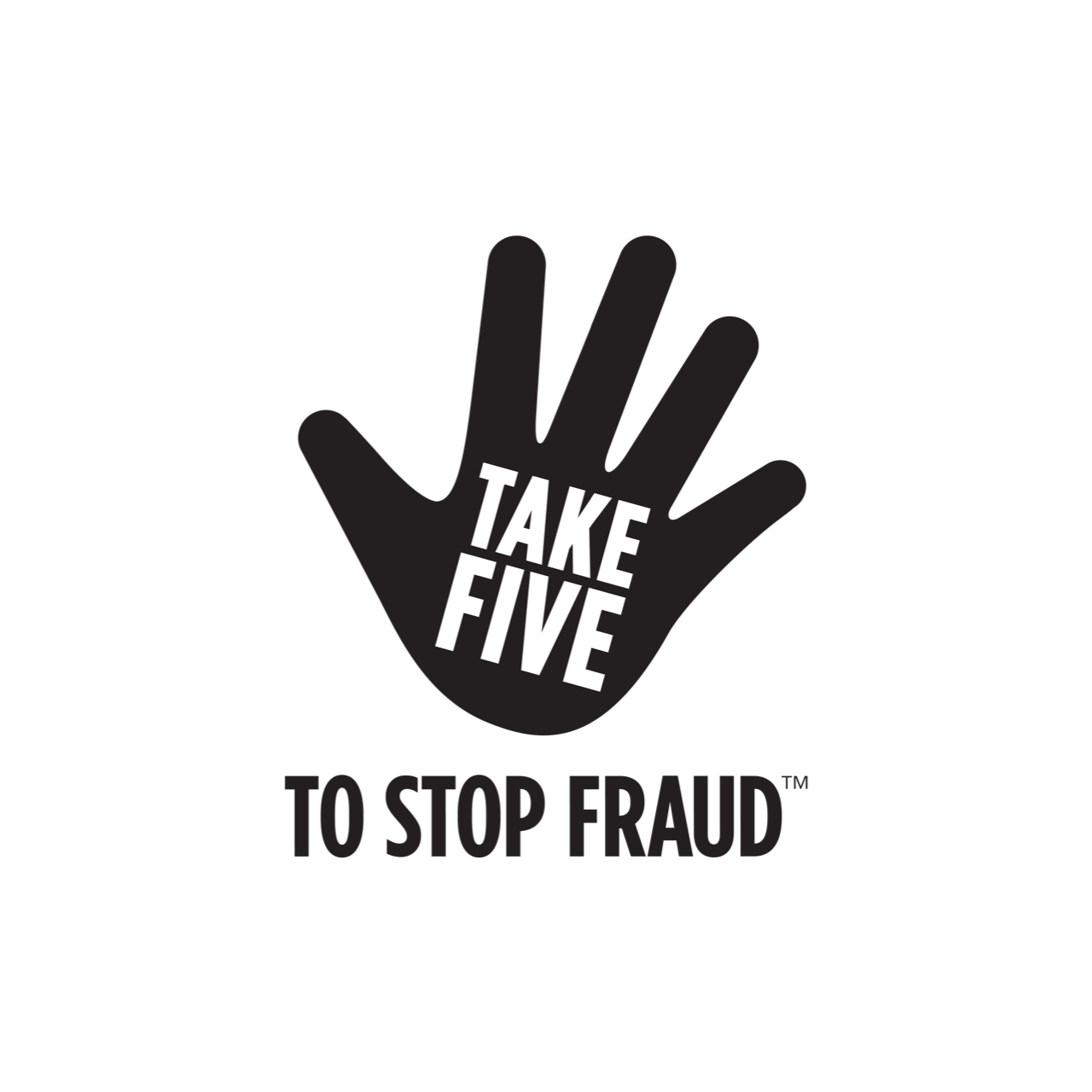In the last few days, we’ve seen an increase in customers telling us they’ve got calls from people claiming to work at Monzo. They’ve even been calling from what looks like the Monzo phone number (the one on the back of your debit card).
These people have been asking customers to do things like bank transfer money into a ‘safe account’ or disclose personal details like their PIN, email password or the 16-digit number on the front of their debit card.
If you've received a call from 0800 702 1281 pretending to be Monzo, this is definitely a scam, if you check closely it's one number off our customer service contact number.
If you get a call like this, someone’s trying to scam you. You should hang up the phone, ignore what they say, and let us know immediately through in-app chat, or by calling the number on the back of your card.
If you use Monzo, we’ll never:
Call you without arranging it through in-app chat first
Ask you to share any sensitive information about yourself or your account, like your PIN.
Ask you to move your money out of Monzo and into a different account. This is known as a “safe account” scam where a fraudster tricks you into moving your money into their account where it’s then moved on further. It’s incredibly difficult for banks to get your money back in these situations.
Your bank or the police will never:
Call to ask you for your PIN or full banking password
Ask you to withdraw or transfer money for safekeeping
Send someone to your home to collect cash, a PIN number, cards or cheque books
Ask you to buy something on your card and hand it over for safekeeping
Find out more about what we do to protect you from fraud.
Authorised push payment fraud
This is a scam called authorised push payment fraud (APP fraud), and it’s the fastest growing type of fraud in the UK. Over 35,000 people lost a total of £145 million to it in the first half of 2018.
Fraudsters usually contact you on the phone, email or through social media pretending to be someone you trust – like your bank, a contractor, an estate agent or the police. They’ll invent a complex and convincing story, and pressure you to bank transfer large sums of money into another account.
But although they can be convincing, these stories are totally made up. And the fraudsters rely on scaring you into doing what they say.
Sending a bank transfer is like paying in cash, so it’s hard to get your money back
The biggest problem is that making bank transfer is a lot like paying in cash. So if you’ve been scammed into making a bank transfer, getting your money back can be very difficult. It moves the money instantly, so it’s almost impossible to cancel. And the fraudster can quickly move the stolen money elsewhere, before you realise anything’s gone wrong.
Learn how to protect yourself from fraud
Here are some important tips to help you avoid falling victim to a scam like this:
Question who you’re talking to. Remember that fraudsters may know basic details about you, and can fake phone numbers, names and email addresses.
If someone claiming to be from your bank contacts you out of the blue, hang up the phone and get in touch with them directly using known contact details (you can usually find a bank’s contact details on the back of your debit/credit card).
Take your time. Fraudsters will often try to scare you into sending money or revealing details, by saying that your account is under threat or they’ll involve the police if you don’t comply.
An organisation you trust will never try to panic you, stop you from talking to friends or family, or force you into making a bank transfer on the spot.
If it sounds too good to be true, it probably is. Fraudsters will attempt to lure you into buying non-existent or counterfeit products by selling them on platforms like Facebook Marketplace, and Gumtree for a significantly reduced price.
Have the confidence to say no. Listen to your gut instincts and leave the conversation if something feels off.
A trustworthy person shouldn’t make you feel embarrassed or guilty. If you have any doubts at all, it’s always better to double check than go along with it. Because once your money’s gone, it’s often incredibly difficult to get it back.
